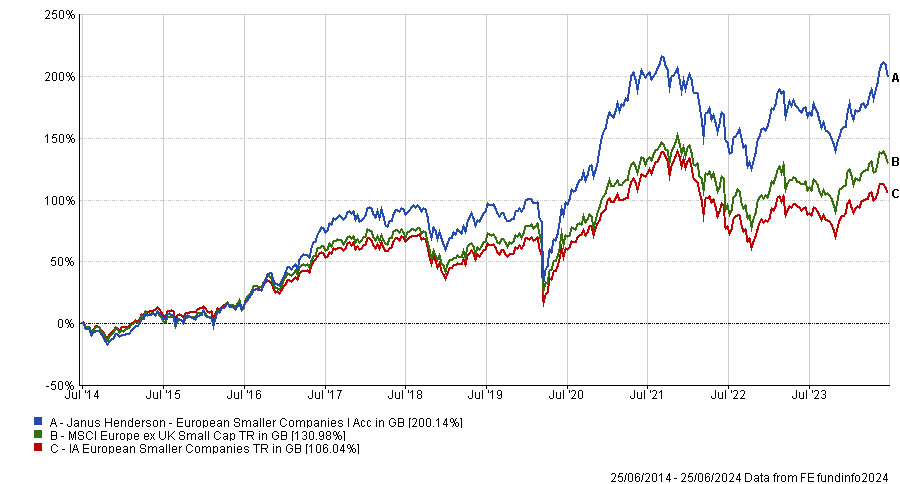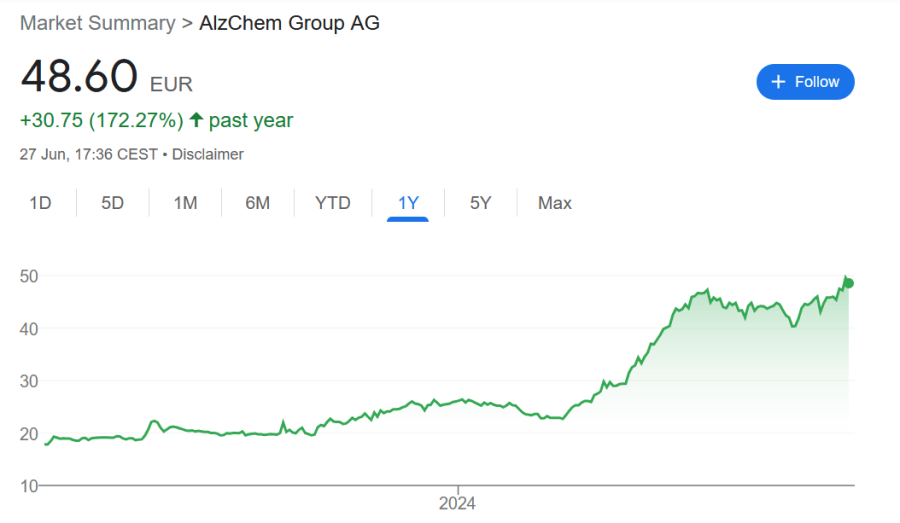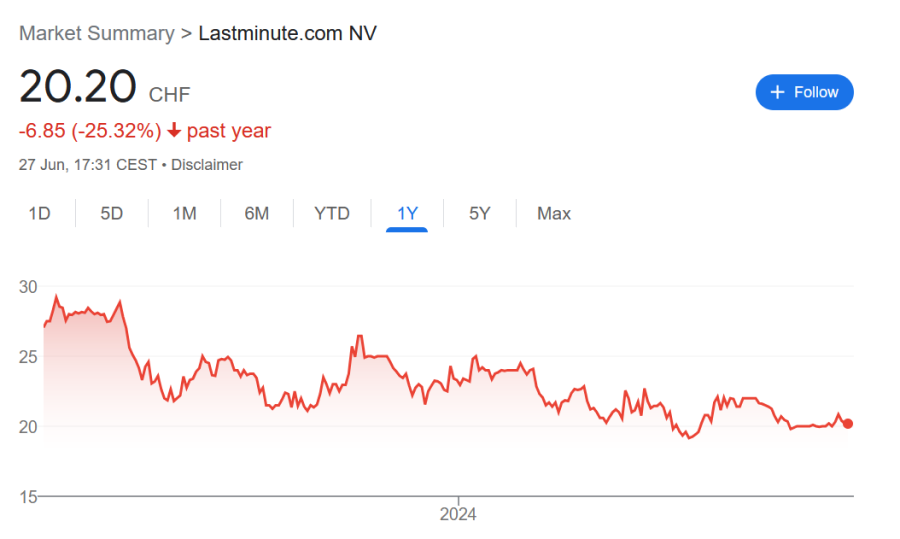Sometimes it is better to be lucky than good, although it helps to be both. The latter is something that has helped propel the Janus Henderson European Smaller Companies fund to the top of the charts over the past decade.
Managed by Rory Stokes, the portfolio has returned 200.1%, over 10 years making it the best-performing portfolio in the IA European Smaller Companies sector.
Yet he admits he has not got everything right. For example, the manager failed to spot the Covid pandemic in 2020 and was also caught out by Russia’s invasion of Ukraine in 2022.
Performance of fund over 10yrs vs sector and benchmark

Source: FE Analytics
Despite this, his fund held up well during both periods thanks to its process of investing in a range of different buckets. “The major advantage of investing across the corporate lifecycle and maintaining a balance of various styles is that different bits of the portfolio can do the heavy lifting at different times,” he said.
In 2020, his allocation to early-cycle names, including an online German pharmacy, a bike helmet safety company and computer gaming companies, all helped bolster returns.
Fast forward to 2022 and at the start of the Russia-Ukraine conflict the fund’s energy names and financials as well as exposure to more mature companies and undervalued businesses, came to the fore.
Below, he explains discusses his issues investing in lastminute.com, how Europe is a growth market (despite investors’ preconceptions) and why he is worried about central banks getting monetary policy wrong…again.
What is your investment strategy?
We're looking to get a good balance of growth and value. We try to have exposure across the entire corporate lifecycle, whereas most of our peers just invest in quality-growth names.
Typically, about 40% to 50% of our investments could be classified as quality growth and approximately 5% to 10% of the portfolio is allocated to early-stage companies experiencing rapid growth and improving returns.
But what really differentiates us is our exposure to both mature companies where we believe management can achieve better returns and deliver solid cash flow, as well as to ‘bad’ companies that currently do not earn their cost of capital, but where we see potential catalysts for change
With that mixture, we end up with a portfolio that still has a lot of growth in it, but is as cheap as the benchmark whereas our peers typically look more expensive.
What has been your best stock over the past 12 months?
It’s been Alzchem, which is a little known specialty chemical company from Germany. It's still cheap because it's very unknown in the broader market. It is the only European producer of creatine.
Many people who like going to the gym take creatine, which helps them get an extra two or three reps out of their weight training sessions. Since the pandemic, people have embraced going to the gym and using creatine due to its physiological and mental benefits.
Alzchem also has a product called nitroguanidine, which is an accelerant used in artillery shells. The EU has given the company a big grant to boost its production and help guarantee the security of supply of NATO ammunition.
Performance of stock over 1yr

Source: Google Finance
And the worst-performing stock?
The most burdensome active position has been lastminute.com, an online travel agency. It has been through a number of challenges in recent years and the pandemic was clearly a big blow for the business.
That was then compounded by the senior management being accused of having mismanaged the equivalent of furlough payments in Switzerland. The CEO was arrested.
There's been lots of management changes and the new CEO is very good, but the company now has to navigate a conflict with Ryanair about being able to buy Ryanair flights.
Performance of stock over 1yr

Source: Google Analytics
What is the biggest misconception about European equities?
The biggest misconception is that there is no growth. To an extent, that has been true in the large-cap space, but there's a handful of names that are bucking that trend.
Within European small-caps, there is a lot of growth. Of course, there are pockets of low growth, but you don’t need to be exposed to them. It's a heterogeneous area, which means you can also find earnings growth, and since it’s a neglected part of the market, you don't have to pay very much for that at the moment.
Europe is seen as sclerotic and boring, but I think there are a lot of opportunities. There's a lot of tech, great businesses and growth and that's probably not adequately recognised by the broader investment community.
What is your main source of worry when it comes to European small-caps?
A consistent worry is policy error. Central banks’ response to the pandemic was too aggressive and they were also too slow to respond to the inflation shock. The worry now is that, in an attempt to establish credibility, they keep rates too high for too long.
I also worry about the broader geopolitical risks that everybody else talk about. But the lesson I've learned over the past 24 years in the small-cap space is that random stuff just happens and most of the time, you don't see them coming.
The important thing is to size your positions so that you can get out of them when you need to. You need a willingness to recognise that when information changes, you have to rotate the portfolio.
What do you do outside of fund management?
I like riding my bicycle. I coach my children's football and play the Nintendo Switch with them. Those things take up most of my time.





